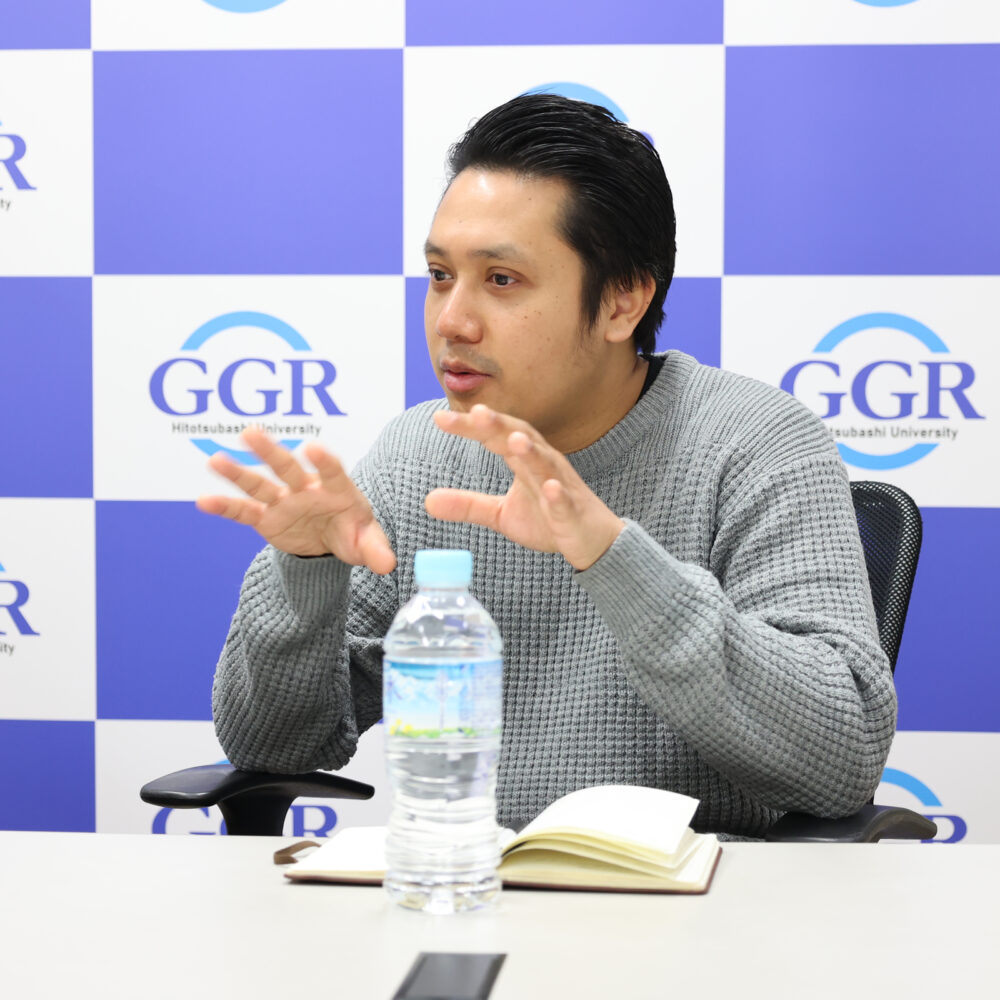
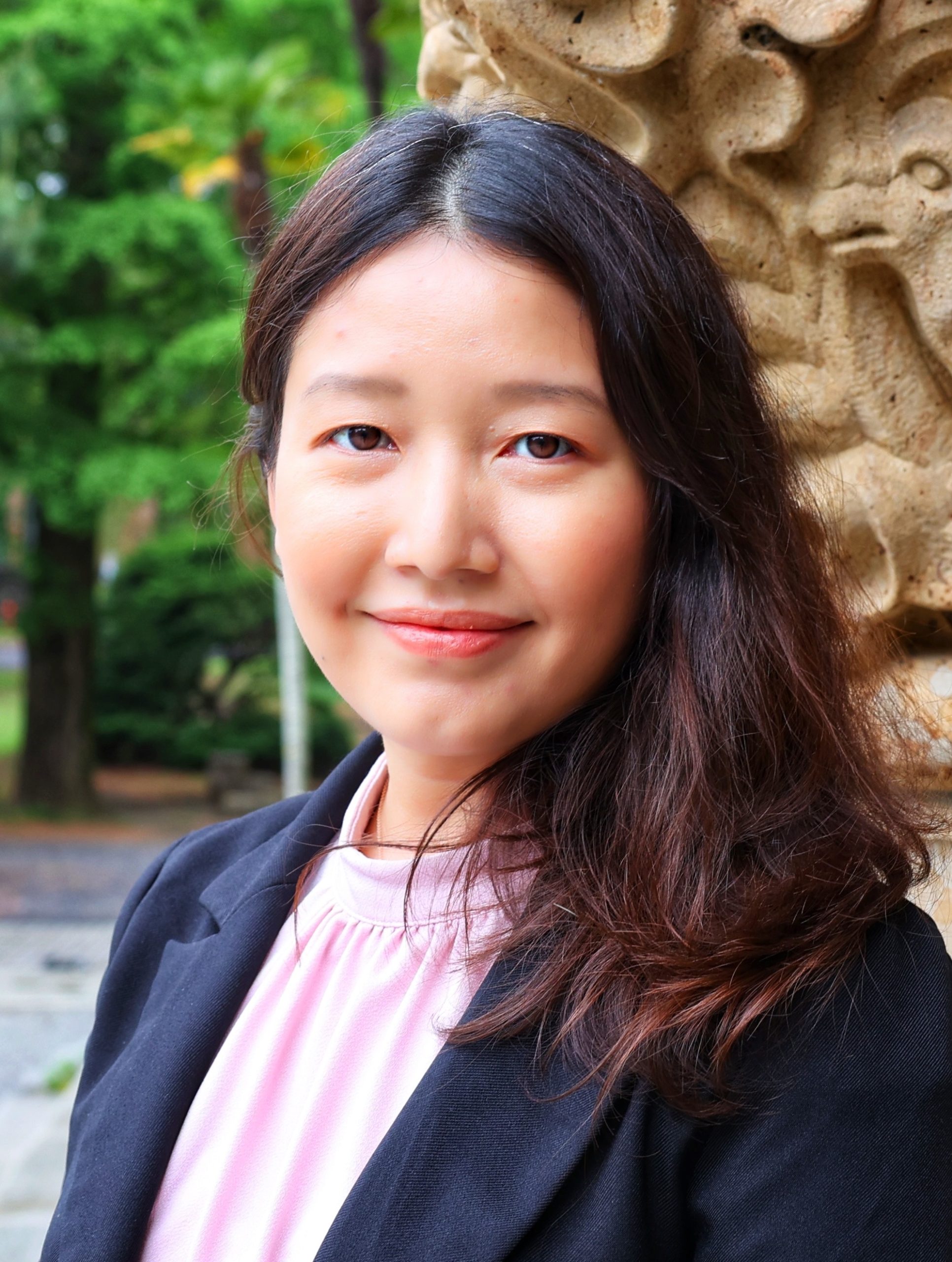
Generational Resistance for Democracy: Three Generations’ Resistance Against the Military Junta in Myanmar
Interviewer and writer: Hnin Htet Htet Aung
(Master’s student, School of International and Public Policy, Hitotsubashi University)
June 19, 2024
*The paper was written based on an interview conducted on March 11, 2024.
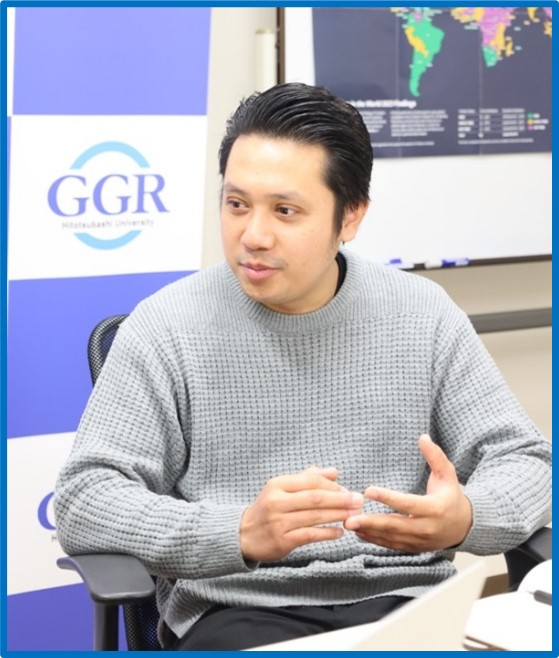 Thant Zaw Htet, a Myanmar activist based in Japan, plays an active role in the Myanmar movement, assuming responsibility for disseminating information about the situation in Myanmar to Japanese society. Thant is from a mixed ethnic background, with heritage rooted in both the Rakhine and Bama ethnic groups, originating from the Yangon region. The Institute for Global Governance Research conducted an informative interview with Thant Zaw Htet, with the objective of uncovering the dynamic experiences of the Myanmar activist in Japan.
Thant Zaw Htet, a Myanmar activist based in Japan, plays an active role in the Myanmar movement, assuming responsibility for disseminating information about the situation in Myanmar to Japanese society. Thant is from a mixed ethnic background, with heritage rooted in both the Rakhine and Bama ethnic groups, originating from the Yangon region. The Institute for Global Governance Research conducted an informative interview with Thant Zaw Htet, with the objective of uncovering the dynamic experiences of the Myanmar activist in Japan.
In 2006, Thant made the move to Japan with the intention of reuniting with his father, marking the end of a 19-year separation. His father had fled to Japan after participating in the 1988 uprising movements as a civil servant from the Ministry of Electric Power. “When my father fled Myanmar, I was only 2 years old. Since his national identification number was removed from the list of Myanmar immigration, it took 19 years to reunite with him when I came to Japan. While I was in Myanmar, I was not allowed to have a national identification number due to my father’s participation in the 1988 movement. Every time my mother and I went to the immigration office, we were asked about my father’s national identification number. Consequently, I was unable to provide my father’s information on the application form,” Thant recalled, reflecting on the obstacles he faced. His story illustrates how Myanmar people’s fundamental human rights are violated by being rejected to hold a national identity card, even though he is a Myanmar citizen.
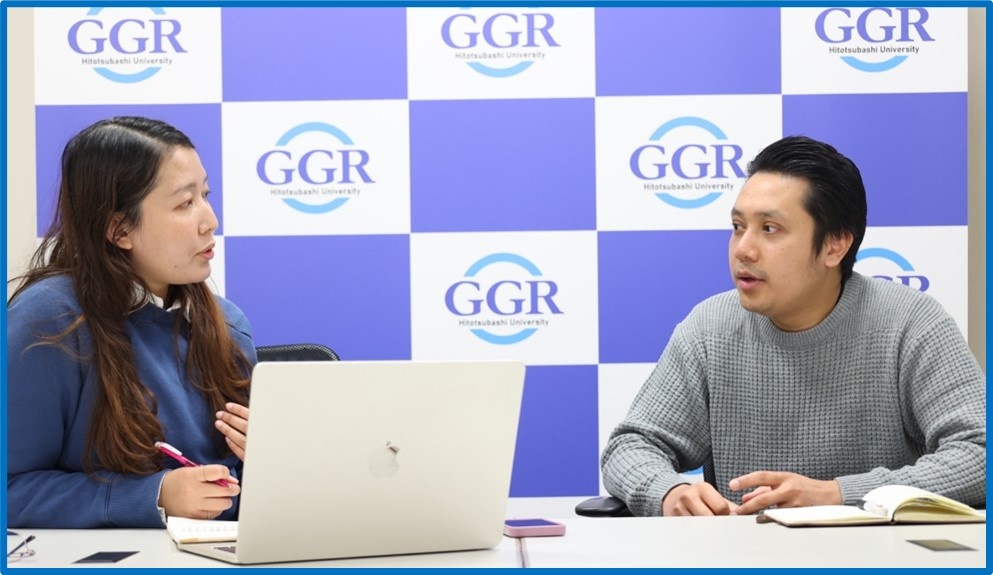 Throughout the interview, Thant frequently references his father, who served as his initial guide into political activism. “Honestly, I wasn’t involved in politics in Myanmar before. But after coming to Japan, I noticed that people criticize the Myanmar military government a lot here, and my father made me close to politicians who visited Japan so it’s helping me learn more,” he said. When discussing Myanmar politics, he reflected on his political stance during the years 2010, 2012, 2015, and 2020. “I joined movements in Japan against the 2008 constitution made by the military. That’s why I didn’t vote in the 2010, 2012 by-elections, and 2015. Even though I support Daw Aung San Suu Kyi, I can’t accept elections under the 2008 constitution. Likewise, some people in Japan from different ethnic groups don’t believe she can amend it. However, in 2020, we voted for the National League for Democracy in support of democratic promotion. But unfortunately, the will of the people was neglected when the military coup occurred before the elected parliamentarians could convene,” he said. Witnessing his experience makes it clear to see how people placed hope in the 2020 election results, despite not accepting the existence of the 2008 constitution, and how those hopes were destroyed by the military coup.
Throughout the interview, Thant frequently references his father, who served as his initial guide into political activism. “Honestly, I wasn’t involved in politics in Myanmar before. But after coming to Japan, I noticed that people criticize the Myanmar military government a lot here, and my father made me close to politicians who visited Japan so it’s helping me learn more,” he said. When discussing Myanmar politics, he reflected on his political stance during the years 2010, 2012, 2015, and 2020. “I joined movements in Japan against the 2008 constitution made by the military. That’s why I didn’t vote in the 2010, 2012 by-elections, and 2015. Even though I support Daw Aung San Suu Kyi, I can’t accept elections under the 2008 constitution. Likewise, some people in Japan from different ethnic groups don’t believe she can amend it. However, in 2020, we voted for the National League for Democracy in support of democratic promotion. But unfortunately, the will of the people was neglected when the military coup occurred before the elected parliamentarians could convene,” he said. Witnessing his experience makes it clear to see how people placed hope in the 2020 election results, despite not accepting the existence of the 2008 constitution, and how those hopes were destroyed by the military coup.
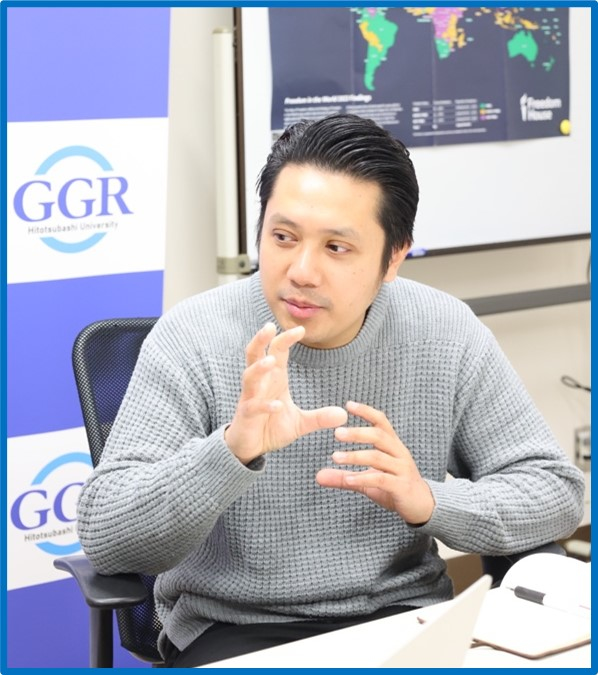 While Thant’s father guided him in political activities, Thant also assumes the same role as his father in leading his daughter to know about Myanmar and to spread information about what is happening in Myanmar. “My daughter was born and raised in Japan. She is now a junior high school student. We always let her know about Myanmar culture, food and democratic leaders. It helps her to make presentations at school. As my father and I are involved in political activities, she came to know what is happening in Myanmar and why we are working on Myanmar issues,” he stated. In this scenario, we observe the enduring resistance of the Myanmar people against the dictatorship regime spanning three generations: from grandfather, to father, to granddaughter.
While Thant’s father guided him in political activities, Thant also assumes the same role as his father in leading his daughter to know about Myanmar and to spread information about what is happening in Myanmar. “My daughter was born and raised in Japan. She is now a junior high school student. We always let her know about Myanmar culture, food and democratic leaders. It helps her to make presentations at school. As my father and I are involved in political activities, she came to know what is happening in Myanmar and why we are working on Myanmar issues,” he stated. In this scenario, we observe the enduring resistance of the Myanmar people against the dictatorship regime spanning three generations: from grandfather, to father, to granddaughter.
In discussing the various initiatives aimed at combating the military coup, providing aid to internally displaced individuals, and raising awareness about the ongoing situation in Myanmar, he elaborated on his involvement: “I am one of the founding members of ‘Revolution Tokyo Myanmar.’ Our group emerged on May 9, 2021, right in front of Nakano station, marking the inception of a grassroots movement. Our primary objective was twofold: to discourage the Japanese government from supporting the military junta, and to mobilize support from both the Myanmar diaspora and the Japanese community. Beyond fundraising efforts, we sought to shed light on the plight of Myanmar by distributing informative pamphlets. Through our collective endeavors, we aimed to amplify the voices of those affected by the crisis and galvanize solidarity both locally and internationally. In addition to donations from others, I have been regularly contributing as a member of the Myanmar diaspora.”
| Our primary objective was twofold: to discourage the Japanese government from supporting the military junta, and to mobilize support from both the Myanmar diaspora and the Japanese community. |
At the conclusion of the interview, Thant earnestly expressed his gratitude to the Japanese people for their generous contributions to the people of Myanmar amidst the ongoing humanitarian crisis and resistance against the military junta. “We cannot express enough gratitude to the Japanese people, particularly those who rally others to join them in supporting the people of Myanmar. At this critical moment, I urge and encourage the Japanese population to take a closer look at how their tax contributions are allocated. It’s crucial to understand that Official Development Assistance may aid the military junta responsible for the atrocities inflicted upon our people, including killings, arson of civilian homes, and airstrikes on villages,” he emphasized. In regard to gathering accurate information about the situation in Myanmar, Thant suggested, “as a Myanmar activist residing in Japan, I would advise the Japanese government to actively collect ground-level information about the ongoing events in Myanmar. Such efforts would undoubtedly support the aspirations of the Myanmar people in their quest to reclaim democracy.”
Thant Zaw Htet is an office worker living in Japan with his family. He studied mechanical engineering at Thanlyin Technological University in 2003 and came to Japan in 2006. In 2021, after the military coup, he joined Revolution Tokyo Myanmar – RTM, and is a member of the National Unity Government of Myanmar. Since the military coup in 2021, he is currently a member of the National Unity Government of Myanmar Representative Office – Japan.
